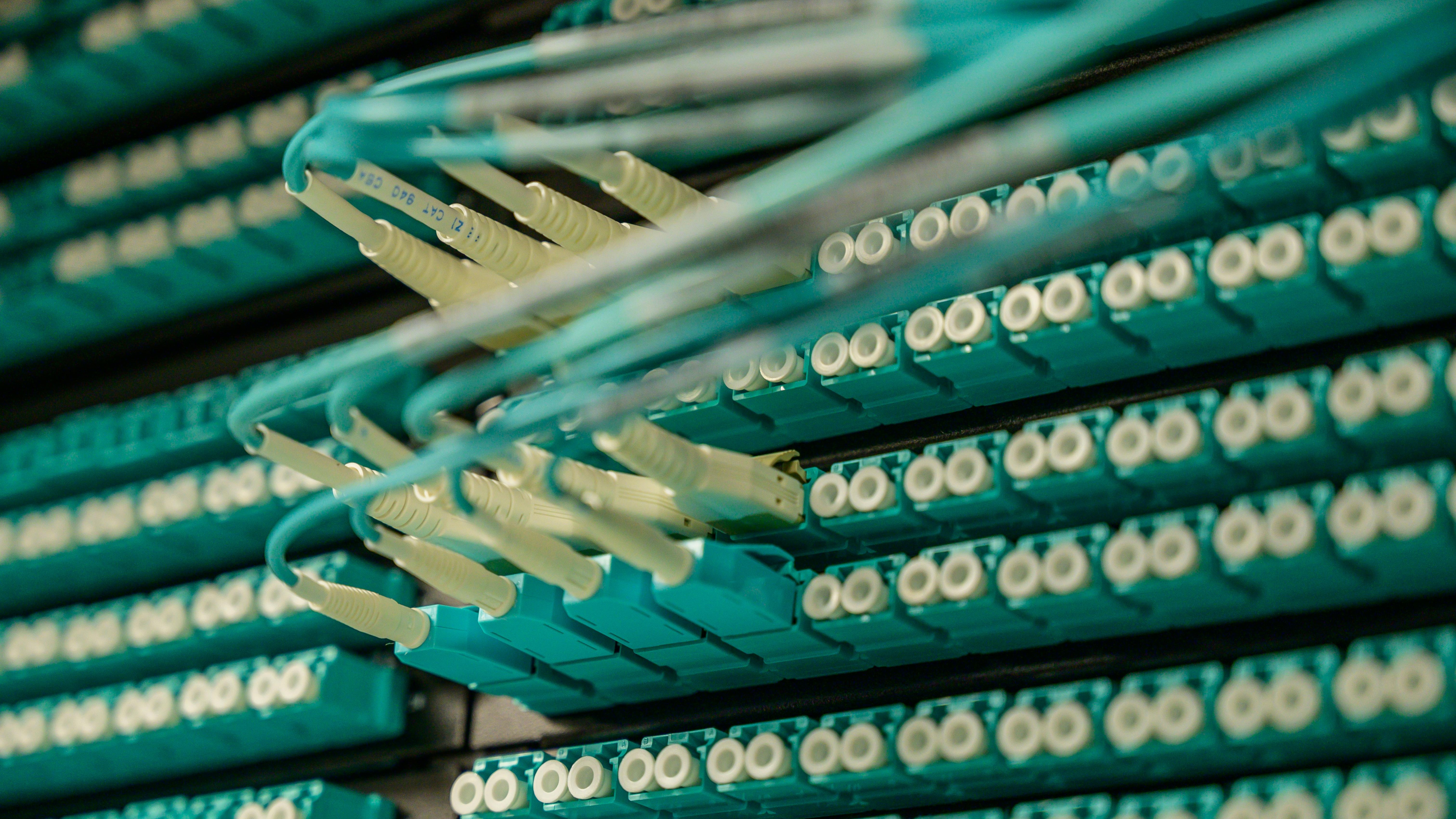
Facing the AI Revolution: Preparing Knowledge Workers
As artificial intelligence (AI) advances rapidly, discussions about its implications are becoming crucial. Industry leaders like Paul Roetzer emphasize the importance of preparing knowledge workers for the upcoming AI-powered future, particularly in light of recent disruptions caused by technology.
Understanding the 'Move 37' Moment
In his upcoming session at MAICON 2025, Paul Roetzer introduces the concept of personal “Move 37” moments. This term originated from Google’s AlphaGo program, which revealed an unexpected brilliance in defeating a Go champion. Roetzer warns that similar moments are on the horizon for many professionals. AI will increasingly surpass human capabilities in various fields, illuminating the need for workers to adapt and embrace the changes these technologies bring.
The Optimism Required in an AI World
Roetzer advocates for an optimistic approach toward AI, suggesting that instead of fearing potential job losses, workers should view AI as an opportunity to enhance creativity and productivity. Many professionals underestimate what AI can accomplish, from complex problem-solving to generating artistic content. This lack of understanding can hinder effective decision-making regarding hiring and strategic team planning in organizations.
The Threat of Disruption in the Workplace
Despite the looming AI revolution, many knowledge workers feel unprepared. A study cited by the Conference Board reveals that employees often lack confidence in their companies' training resources, which severely limits their readiness for new AI-centric roles. The gap between technological advancement and employee preparedness underscores a growing crisis that organizations must address.
Rethinking Career Paths and Embracing Change
Roetzer highlights the need for professionals to rethink their careers as AI begins altering traditional roles. For instance, startup founders and venture capitalists need to assess how emerging AI tools can reshape not just their hiring decisions but the very fabric of their businesses. Leaders who harness AI effectively will likely have a significant competitive edge.
The Resilience of Meaning in Work
With AI reshaping what it means to work, the existential implications are profound. As knowledge workers grapple with questions about their value, they must navigate a new reality where human and machine abilities blur. Embracing ethical frameworks and human-centric values in business can guide them through this cognitive migration, allowing them to rediscover their purpose amidst uncertainty.
Call to Action: Prepare to Meet the Future of Work
As we transition into this new era of AI, it’s imperative not just to follow the technological tide but to actively engage with it. Attending events like MAICON 2025 can equip knowledge workers with valuable insights and a supportive network crucial for adapting to the AI revolution. Taking initiative now will empower professionals to redefine their roles and embrace future opportunities born from AI.
 Add Row
Add Row  Add
Add 




Write A Comment